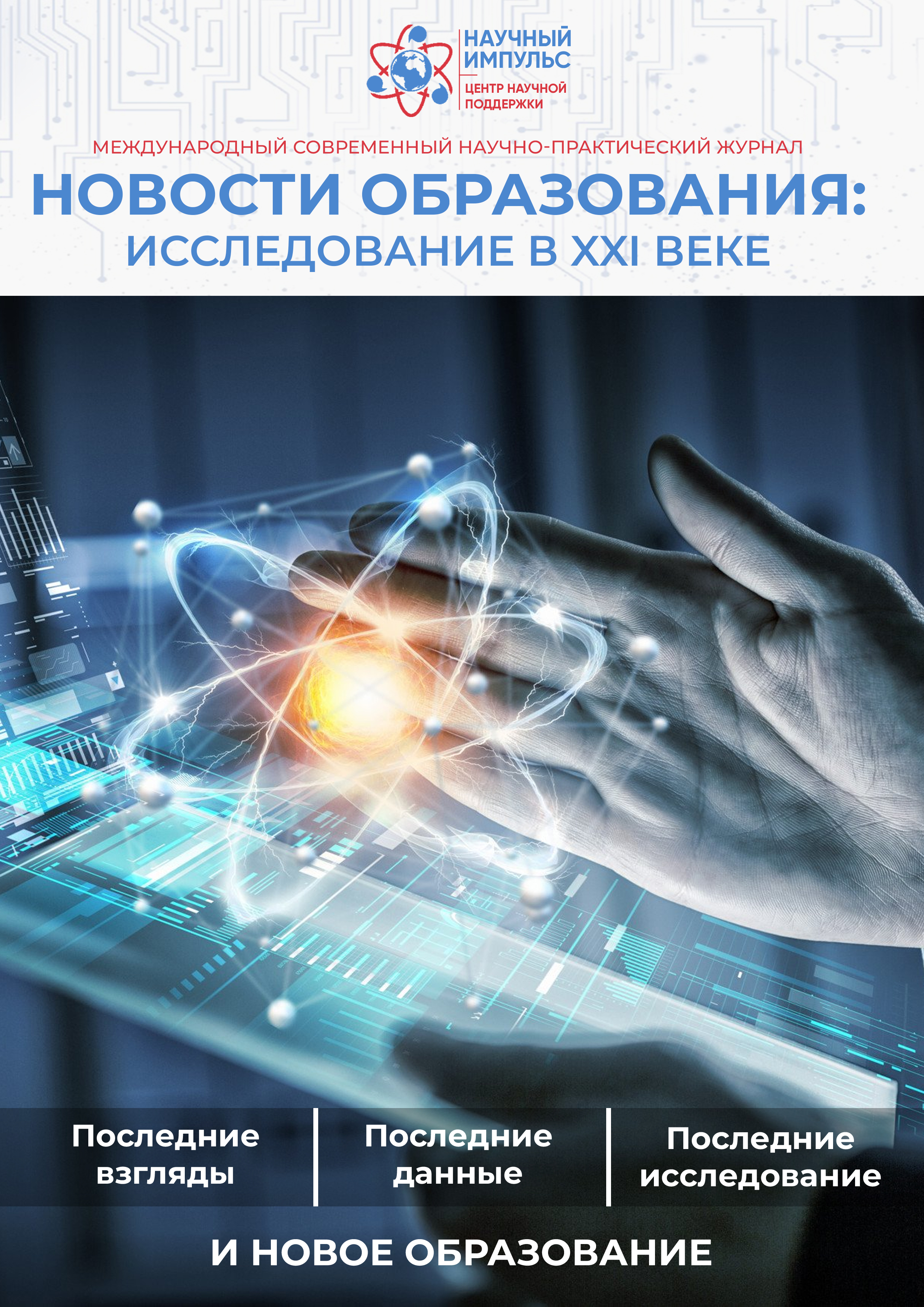TEACHING ENGLISH THROUGH TECNOLOGY: ADVANTAGES AND DISADVANTAGES
Ключевые слова:
ESP Teaching, Digital Tech, Pros and Cons, Tailored Instruction, Student Engagement, Limitless resources, Accessibility Hurdles.Аннотация
As we forge ahead into a new era marked by technological dominance, the educational landscape has also significantly evolved with an increasing exploitation of technology, particularly within the realm of teaching English as a secondary language. The purpose of this composition is to delve into both the merits and demerits harboured by this new-age approach of fusing technology into the scaffold of English language pedagogy. Of the many boons accompanying this method, a notable few include a heightened sense of engagement from students, a customizable learning experience and the flexibility of utilizing a vast toolkit of resources. However, scrutiny will also be cast on issues that might stem from this integration, mainly the burgeoning dependency on technology, diminished personal communication and potential hurdles in achieving universal access. Our goal remains to unveil integral insight that would aid teachers, policymakers and sector professionals to cultivate an optimal blend of technology and traditional methodologies inside English language classrooms.
Библиографические ссылки
Warschauer, M. (1996). Computer-assisted language learning: An introduction. In Fotos, S., & Browne, C. M. (Eds.), New perspectives on CALL for second language classrooms (pp. 63-76). Routledge.
Hubbard, P. (2016). Computer-assisted language learning. In Hall, G., & Halsall, F. (Eds.), Routledge Handbook of English Language Teaching (pp. 398-411). Routledge.
Stockwell, G. (2014). Interaction and CALL. In Chapelle, C. A. (Ed.), The Encyclopedia of Applied Linguistics. Wiley-Blackwell.

